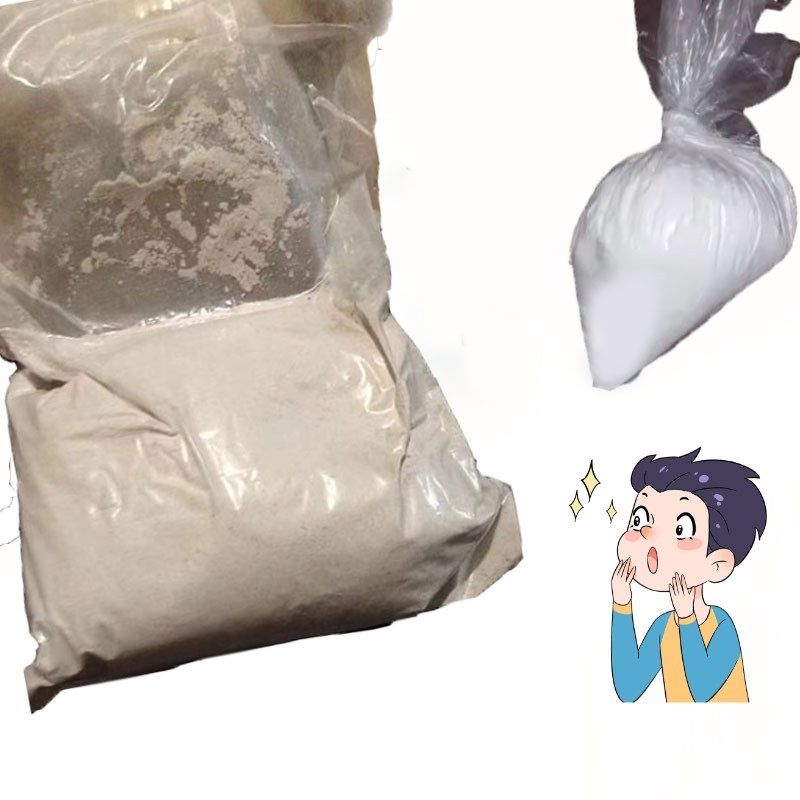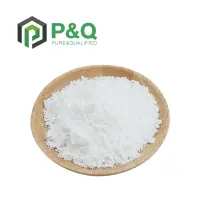-
Categories
-
Pharmaceutical Intermediates
-
Active Pharmaceutical Ingredients
-
Food Additives
- Industrial Coatings
- Agrochemicals
- Dyes and Pigments
- Surfactant
- Flavors and Fragrances
- Chemical Reagents
- Catalyst and Auxiliary
- Natural Products
- Inorganic Chemistry
-
Organic Chemistry
-
Biochemical Engineering
- Analytical Chemistry
- Cosmetic Ingredient
-
Pharmaceutical Intermediates
Promotion
ECHEMI Mall
Wholesale
Weekly Price
Exhibition
News
-
Trade Service
Recently, the latest research results (BRIDGE study) of the team of Professor Xu Anding from the First Affiliated Hospital of Jinan University were published in the journal Frontiers in Neurology (IF=4.
003).
The BRIDGE study is a national multi-center, prospective registered study, which aims to To evaluate the effectiveness and safety of NBP in the treatment of acute non-disabling ischemic stroke or high-risk TIA
.
According to their compliance with NBP, patients were divided into NBP-compliant group and NBP-non-compliant group
.
The main results showed that the good prognosis (mRS<2 points) of the NBP-compliant group increased by 4.
63% compared with the NBP-non-compliant group.
Further subgroup analysis found that the effect was more significant in patients admitted to the hospital with NIHSS scores of 3-5 points
.
Research background Non-Disabling Ischemic Cerebrovascular Events (NICE) refers to ischemic cerebrovascular events without significant disability after the onset
.
Including the following three categories of people: ①transient ischemic attack (TIA); ②minor ischemic stroke (hereinafter referred to as mild stroke); ③rapid relief of symptoms, no disability Blood cerebrovascular events
.
People with mild stroke and high-risk TIA (ABCD2 score ≥4 points) have similar epidemiological characteristics, that is, the symptoms are mild at the time of onset, but the risk of early stroke recurrence is high, and the uncertainty of the clinical prognosis increases
.
Although the level of diagnosis and treatment and standardization of patients with acute mild stroke and high-risk TIA are gradually improving, studies have shown that the risk of stroke recurrence within 90 days after the onset is still as high as 10%-20%
.
NBP has been approved by CFDA for the treatment of patients with ischemic stroke.
The results of multiple studies have shown that NBP can significantly improve patients' neurological deficits and activities of daily living, and has good safety
.
This study mainly evaluates the effectiveness and safety of NBP in NICE patients
.
Research method The study recruited 2966 patients with non-disabling ischemic stroke (NIHSS≤5 at admission) or high-risk TIA (ABCD2 score≥4 at admission) within 48 hours from 51 branch centers in China.
According to follow-up Adherence to medication at the time divides patients into NBP-compliant group (more than 80%) and NBP-non-compliant group
.
The effectiveness and safety of NBP in this treatment area were evaluated by comparing the ratio of stroke recurrence at 90 days, the ratio of good clinical outcomes (mRS ≤ 1), and the ratio of death and intracranial hemorrhage at 90 days between the two groups
.
(Figure 1) Figure 1 Flow chart The results of the study are shown in Figure 2.
The proportion of patients (92.
05%, 949 cases) with a 90-day clinically functional outcome (mRS 0-1) in the NBP-compliant group was significantly higher than that of the NBP-non-compliant group Group (87.
42%, 1626 cases), which indicates that regular use of NBP in patients with mild stroke or high-risk TIA may improve the prognosis of neurological function and reduce the disability rate
.
Figure 2 NBP-compliant group and NBP-non-compliant group mRS score distribution subgroup analysis results show that after adjusting for age, gender, history of hypertension, body mass index, diabetes, dyslipidemia, smoking, drinking, admission to the NIHSS score, NBP in the NIHSS A score of 3-5 points has a better 90-day functional prognosis than the NIHSS score 0-2 group.
In the NIHSS score 3-5 points, the NBP compliance group has an improved 90-day functional prognosis compared to the NBP non-compliant group That’s 12.
61%
.
[88.
82 vs.
76.
21%, the adjusted odds ratio is 2.
52 (1.
81–3.
50), and the adjusted interaction P=0.
00]
.
Figure 3 Subgroup analysis of the 90-day good functional outcome (mRS 0-1).
Research conclusions.
Real-world research data show that, among patients with mild stroke and TIA, patients who regularly use NBP treatment get more Good life function prognosis, and patients with NIHSS score 3-5 have higher efficacy
.
Outlook This study is based on the largest data analysis of the efficacy of NBP in the treatment of Chinese mild stroke and TIA population
.
For patients who are not suitable for intravenous thrombolysis or acute intravascular thrombectomy, NBP treatment may improve the clinical functional outcome of 90 days and provide a potential alternative treatment for patients with mild stroke and TIA
.







